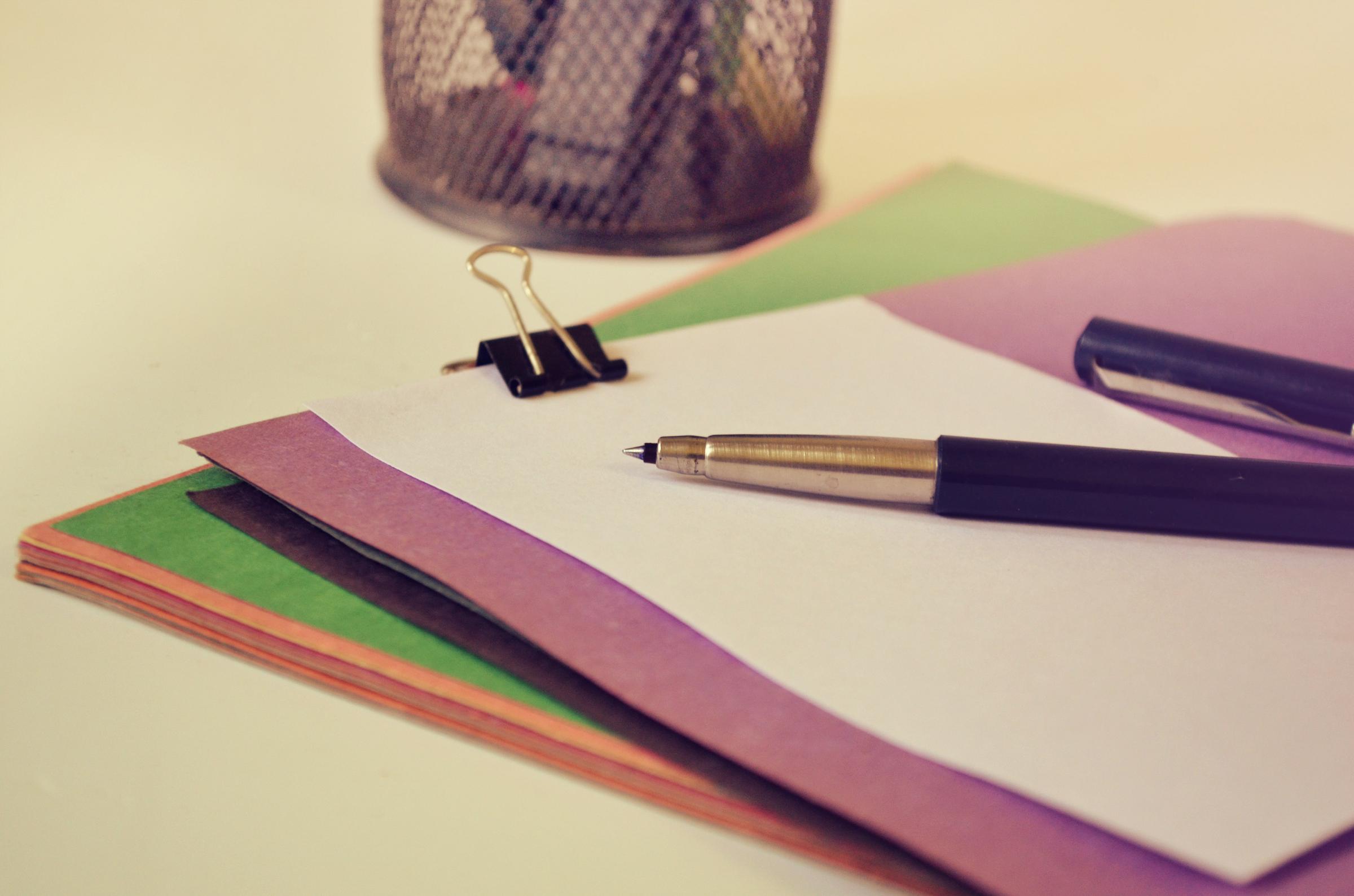Health News

Health Centre Relocation
Please note: As from Monday 13 March the Health Centre will relocate to the Demountable building situated at the main entrance to the College.
Year 8 Vaccines
The Department of Health Immunisation Nurses will be visiting the College this Monday 13 March to administer the first round of vaccines to Year 8 students. The schedule will be HPV (Gardasil) and diphtheria/tetanus/pertussis vaccines.
The Nurse’s will return to follow-up any students absent on the day.
Prevent Flu And Other Infections
There are many simple things everyone can do to help prevent you from getting the flu or other infections. These include:
- Hand hygiene;
- Cough and sneeze etiquette;
- Standing or sitting away from other people;
- Household and workplace hygiene; and
- Knowing what to do when you are sick.
- To minimise the spread of infection or illness staff and students should stay at home if you are unwell.
- If you are concerned about any symptoms, seek medical advice.
These steps will help you avoid getting sick and passing infection on to others.
Hand hygiene
The thorough washing and drying of hands is an important activity in the prevention of getting sick and spreading illnesses. Our hands collect bacteria from everything we touch and carry them to new places. Try and remember not to touch your face with your hands.
When to wash hands
- After toileting
- Before eating
- After you blow your nose, sneeze or cough
- Before, during and after handling or preparing food
- After changing a diaper
- After scratching hair, nose or other body parts
- After smoking
- After handling animals, their toys, leashes or waste
- After touching something that could be contaminated (such as rubbish bins, cleaning cloths, drains or soil)
- Before and after dressing a wound, giving medicine or inserting contact lenses.
- After shaking hands with someone.
- after contact with blood or body fluids(like vomit, nasal secretions or saliva)
- Wash hands more often when you, or someone you come in contact with, is sick.
How to wash hands
- Wet hands with water and apply soap
- Rub hands together briskly for at least 15 seconds
- Cover all surfaces of the hands and fingers
- Rinse hands well under water
- Dry hands using paper towel, clean towel or air dryer
- If possible, use your paper towel to turn off the water.
- If soap and water are unavailable, use an alcohol based hand rub eg. Aqium You can purchase small containers of this and carry it in your bag, briefcase, pocket and school bag.
- If using latex gloves, wash hands before applying gloves and after discarding the gloves.
Cough and sneeze into a tissue or your sleeve
- Cough or sneeze into a tissue, throw the tissue away and wash hands
- If you don’t have a tissue, turn away from people and cough into your shoulder or the crook of your elbow.
Standing or sitting back from other people
A very simple way of reducing the chances of being infected or passing on respiratory viruses is to stand or sit back from other people in public or in the workplace. You should try to maintain a distance of one metre, where possible.
Keep your home and work space clean
- Clean your home and work spaces regularly with water and detergent. Regular cleaning is best for most homes and workplaces.
- Avoid sharing of cups and cutlery.
If you are sick yourself, stay away from other people until you stop coughing and sneezing
If you have a contagious sickness like the flu or a cold, do your best to stay away from other people, especially those who are:
- Elderly;
- Very young (babies and children);
- Have a chronic lung disease; and
- Pregnant
Good nutrition and general health are important in maintaining an efficient immune system.
Thankyou
Jenny Hill
College Nurse
Reference: Department of Health WA
